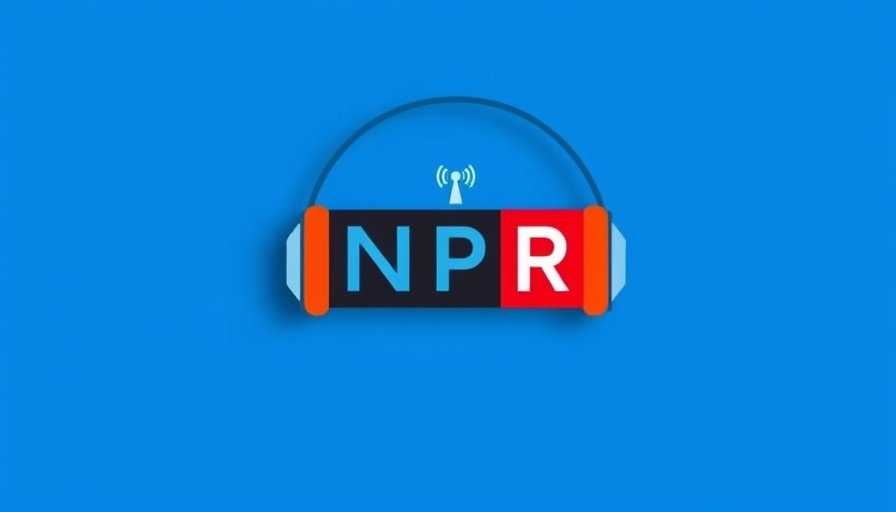
Robert F. Kennedy Jr.'s Controversial Statements on Autism
In a recent discourse, Health and Human Services Secretary Robert F. Kennedy Jr. characterized the spike in autism diagnoses in the U.S. as an "epidemic." His remarks, which suggested that autism leads to a bleak future without the potential for normal life experiences, have ignited significant backlash from the autism community and researchers alike. Many believe that such messaging not only misrepresents the realities of autistic individuals but also perpetuates harmful stereotypes.
Voices from the Community
Colin Killick, the executive director of the Autistic Self Advocacy Network, was among those who expressed their dismay in response to Kennedy's comments. Killick stated that he finds the insinuation that autism destroys lives and families both "disgusting and fear-inducing." As an autistic person who has engaged in numerous fulfilling activities, including poetry and activism, Killick implores society to recognize the diverse capabilities and experiences within the autistic community. His powerful response showcases the importance of inclusive narratives that celebrate rather than vilify autism.
The Impact of Misinformation
Such disparaging remarks distract from critical conversations about autism. The truth is, many individuals on the autism spectrum are thriving, contributing to society, and leading fulfilling lives. Mischaracterizing autism in such stark terms not only affects public perception but can also influence policy decisions that impact resources and support for those with autism.
Research and Understanding of Autism
As Kennedy proposes further research into environmental factors linked to autism, it’s essential for discourse to reflect the latest developments in mental health and wellness news. Understanding the complexities and nuances surrounding autism should prioritize empathy, scientific accuracy, and a commitment to supporting autistic individuals in their pursuit of independence and happiness.
A Call for Respectful Dialogue
Misinformation and sensationalism can harm the path toward advocacy and inclusion. Discussions about autism need to emphasize respect and accurate representation. Acknowledging that there is no singular narrative for autistic individuals is vital for fostering an inclusive society.
The Role of Community Perspectives
Community initiatives and voices play an integral role in shaping the narrative around autism. Organizations dedicated to supporting autistic individuals are making strides in providing resources and insights into community health and wellness initiatives. By focusing on empowering those within the community, we can cultivate a more informative and empathetic societal understanding of autism.
Conclusion: Advocating for Empowerment
As we navigate the complexities of autism and health discourse, it’s paramount that we uplift and promote awareness through accurate, positive representations. Engaging with and listening to autistic voices leads to a more enriching dialogue, fostering respect and understanding within society.
In today's world, understanding the nuances behind mental health and wellness challenges is crucial. Let's work together to create a future that resonates with acceptance and empowerment. For those looking to stay informed, open dialogues about the latest trends in holistic wellness practices and advancements in mental health are essential. By doing so, we not only better our understanding but also forge meaningful connections within our communities.
 Add Row
Add Row  Add
Add 




 Add Row
Add Row  Add
Add 

Write A Comment